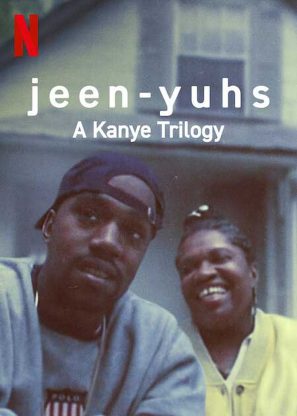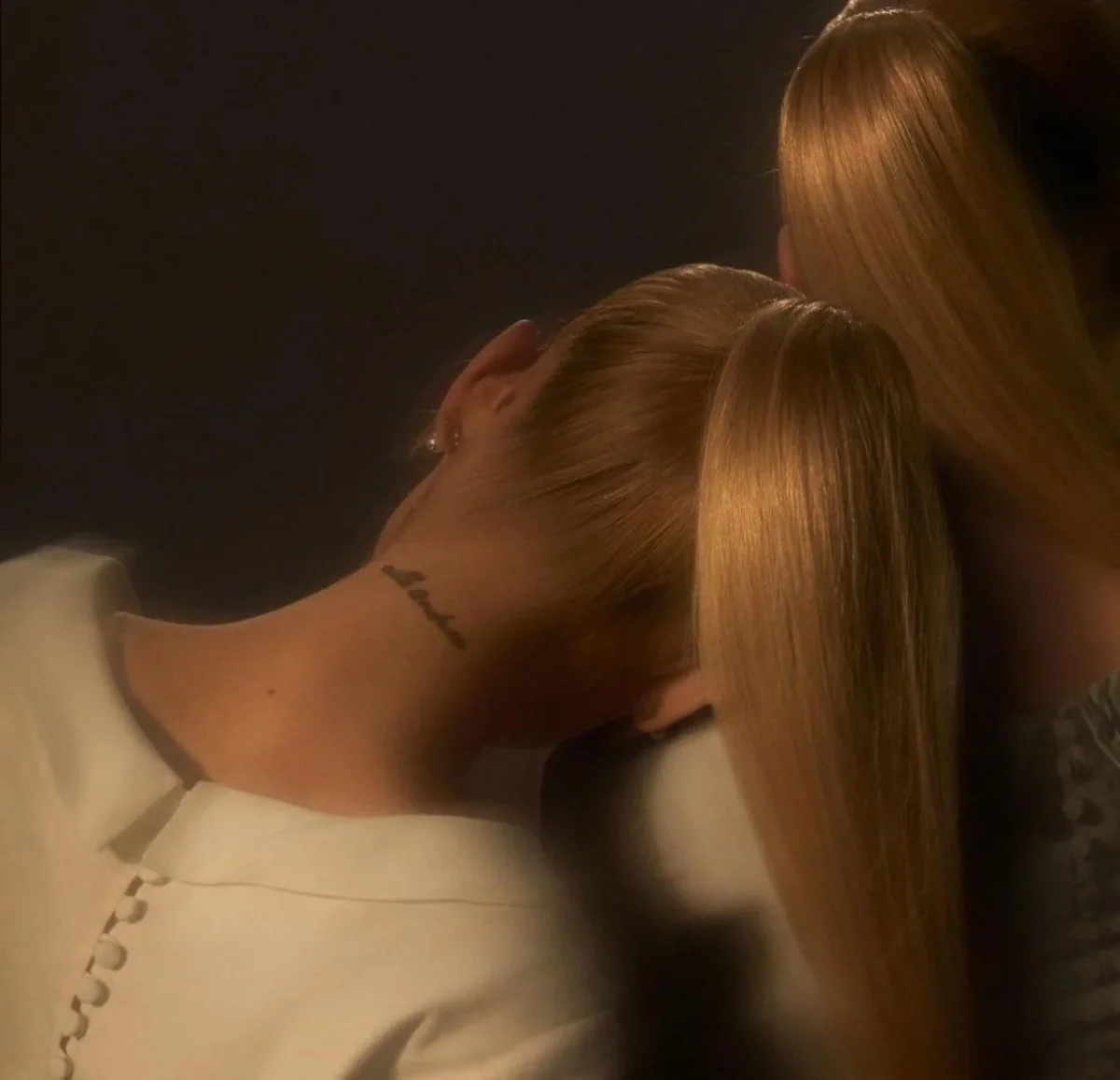
“Wake Up Mr. West;” your Instagram is calling.
These days, Ye has wiped the sleep from his eyes with a barrage of social media posts aimed at reuniting his family. Following an ugly divorce from Kim Kardashian — characterized by petty house purchases, “Skete” Davidson and the muse from “Uncut Gems” — the rapper-turned-fashion designer has created quite a stir on the platform.
While posting various family photos and private text conversations, Ye has used long-winded, petulant captions in two polarizing fashions: to both wish for the health and unity of his family, praising God and his supporters and to create scathing accusations against his former wife. Similarly, he has chosen to attack Kardashian’s new beau, Pete Davidson, prompting what appeared like the hastened end of his long-awaited return to social media.
Though Ye rejoiced in “[running] Skete off the gram,” the two share a kindred enemy: bipolar disorder. According to the National Institute of Mental Health, bipolar disorder is a tri-type disorder that causes extreme shifts in mood and energy, known as “manic” and “depressive” episodes, that often last for long periods of time.
Despite being diagnosed, Ye often brags about not being medicated, as in his hosting of Saturday Night Live in October of 2018 — which was then commented on by Davidson himself. Though it has often been speculated to be the cause of his more controversial antics, he considers it to be his “real” self, preferring not to dull his eccentric personality with pills.
To quote Davidson, “Take ‘em.”
Ye’s recent actions are likely a concerning reflection of his unmedicated state, and a manifestation of the often dangerous consequences of refusing mental health treatment. The “emotional dysregulation” created by the disorder can cause severe relationship strain, as stated by the Psychological Care and Healing Center. Unsurprisingly to those who have scrolled through Ye’s tirades as of late, this continued refusal of treatment is only serving to further destroy his already shattered familial bonds.
Though a broken family is a tragedy in its own right, Yeezy’s aggravated acts set the stage for a much darker threat: domestic abuse.
West’s behaviors have employed tactics often used in post separation abuse, as reported by Psychology Today. His attempts to “maintain control” have externalized in his often hastily deleted Instagram anthologies, which have become desperate documentations of stalking and harassment. Especially in the wake of Kardashian’s pleas for cooperation, Ye’s repeated outbursts have become increasingly threatening.
However, amidst this wave of concerning controversy, Ye’s latest creative endeavor has materialized. The nearly two-decade long project, “Jeen-yuhs: A Kanye Trilogy,” is being released as a three-part series by Netflix, with the last installment to premiere on Wednesday, March 2.
The film documents Ye’s rise to rap fame, and leans into the more personal moments that led to his stardom, rather than his more notable outbursts in the limelight. The documentary, originally meant to end with West’s Grammy win, continued to encapsulate his shift throughout genres and mediums, extending the project much further past his original rise to fame.
In an interview with The New York Times ahead of the first episode’s release, the project’s producer, Clarence Simmons — known better as Coodie — discussed his lack of fear for Ye, claiming that he “know[s] God has his back … When I see this now, I’m like, it’s going to pass like everything else did.”
Though Coodie’s faith in Ye can be admired, his faith in a higher power should not be. West’s refusal to medicate is causing what could become irreparable rifts in the dynamic of his family. His thinly veiled threats masquerading as familial devotion create an unsafe environment in which his impressionable young children must now be raised and cannot escape due to its incredibly public nature.
There is certainly no shame in mental illness, but there is no shame in its treatment either. The safety of oneself and others should come above all, even if it means a creative dry spell; Ye’s recent actions have unfortunately revealed his priorities. The controversy, in all its ugliness, is best summed up by Davidson’s same commentary:
“Being mentally ill is not an excuse to act like a jackass.”
You tell ‘em, Skete.


















